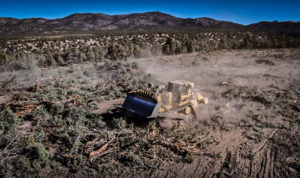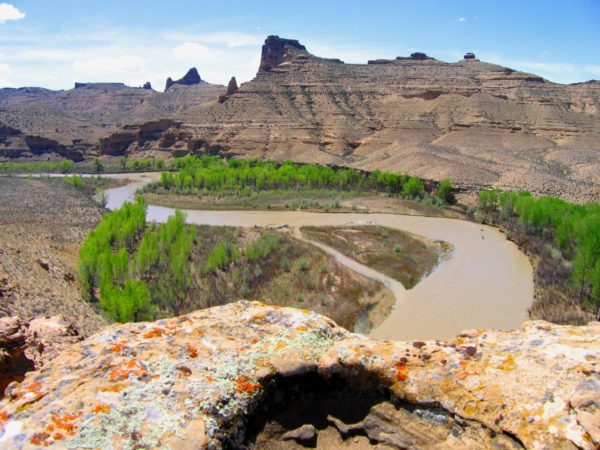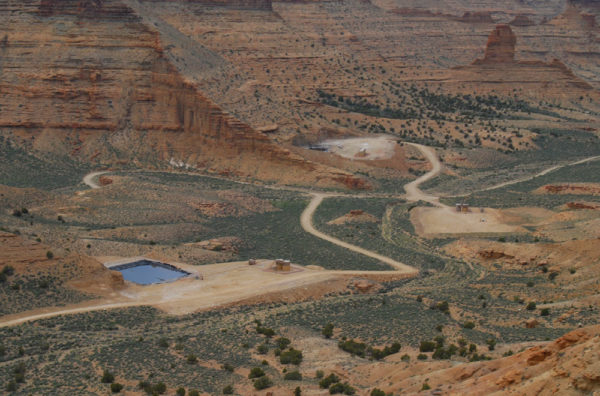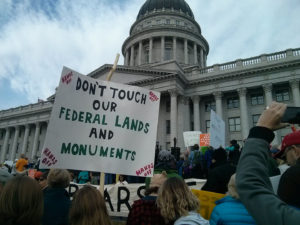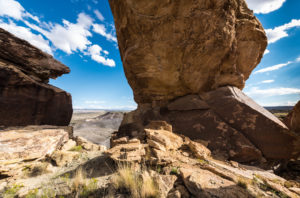Conservation Groups Reach Settlement Requiring Bureau of Land Management to Abandon Rule Allowing Destruction of Pinyon-Juniper Habitats FOR IMMEDIATE RELEASE: April 20, 2023 Contact:Kya Marienfeld, Southern Utah Wilderness Alliance, (435) […]
Read More